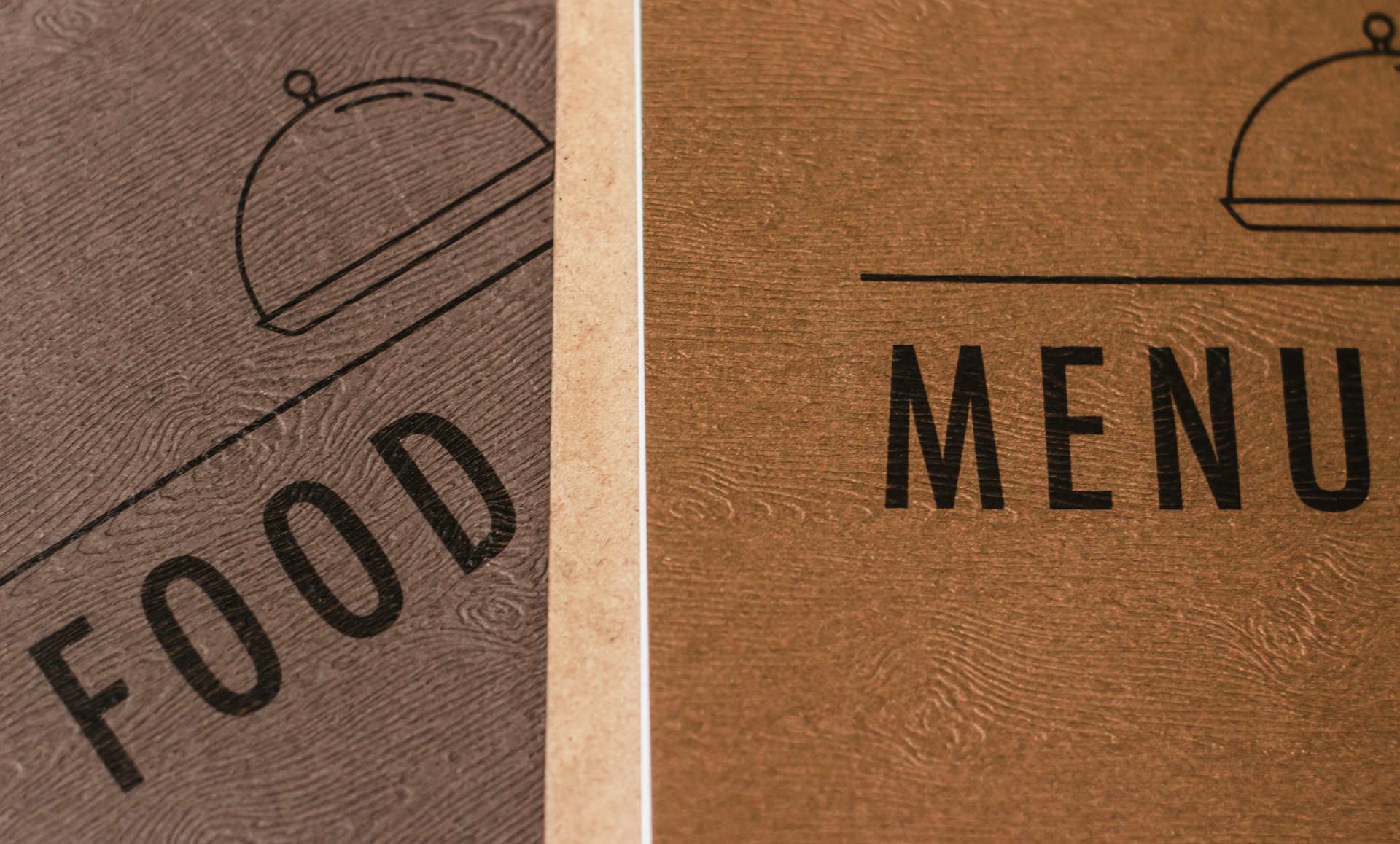How Family Traditions Strengthen Bonds and Enrich Holiday Celebrations

Photo by Dmitry Rodionov on Unsplash
Introduction: The Enduring Power of Family Traditions
Family traditions, especially during the holidays, offer more than festive fun-they are essential for nurturing strong relationships, providing stability, and shaping lasting memories. Whether it’s baking pies together, sharing stories, or gathering for annual celebrations, these rituals create a valuable framework for family identity and emotional well-being [1] .
Why Family Traditions Matter
Family traditions are time-honored rituals, passed down through generations or newly created, that bring loved ones together in meaningful ways. These shared activities-ranging from decorating for the holidays to family game nights-offer predictability and comfort, particularly for children who thrive on routine [1] . By marking special occasions, traditions help families celebrate milestones and foster a sense of belonging [2] .
Benefits of Holiday Family Traditions
1. Building Strong Bonds
Engaging in family traditions strengthens relationships by encouraging regular interaction, teamwork, and shared joy. Activities like annual holiday dinners or baking sessions reinforce familial ties and create positive, lasting associations with loved ones [2] . For example, a family that gathers each year to bake desserts for Thanksgiving not only creates delicious treats but also laughter and collaboration that deepen their connections.
2. Offering Stability and Comfort
Traditions provide a reassuring sense of structure and predictability. Children, in particular, find comfort in knowing what to expect during the holidays, which helps them manage changes and uncertainty throughout the year. This stability supports emotional well-being and can even reduce anxiety for both children and adults [1] , [2] .
3. Fostering Belonging and Identity
Participating in family rituals helps individuals feel included and valued within their family unit. These activities reinforce cultural heritage and personal identity, connecting family members to their roots and shared history. Traditions such as religious celebrations, storytelling, and commemorating milestones provide context for understanding family values and beliefs [4] .
4. Creating Cherished Memories
Holiday traditions become treasured touchstones that evoke positive emotions and nostalgia. The sensory richness of the season-sights, sounds, and smells-paired with meaningful rituals, ensures that these memories endure throughout life. Annual traditions like taking photos with Santa or lighting candles during Hanukkah often become highlights that families reminisce about for years [5] .
Practical Steps to Nurture Family Traditions
Step 1: Identify Existing Traditions
Begin by reflecting on rituals your family already enjoys. These might include holiday meals, special outings, or unique customs passed down from grandparents. Ask family members to share their favorite memories and discuss which traditions hold the most meaning [3] .
Step 2: Make Traditions Inclusive and Flexible
Ensure that traditions are accessible to all family members, regardless of age or background. Be open to adapting rituals as family circumstances change, allowing everyone to participate and contribute ideas. For example, if travel becomes difficult, consider virtual gatherings or new activities that fit your family’s evolving needs.
Step 3: Create New Traditions
If your family is seeking new ways to connect, brainstorm simple, meaningful activities that can be repeated annually. These might include:
- Hosting a themed dinner night
- Volunteering together during the holidays
- Starting a holiday journal
- Organizing a family talent show
Choose traditions that reflect your family’s interests and values, and encourage everyone to participate in planning and execution [3] .
Step 4: Overcoming Challenges
Maintaining traditions can be difficult when families face changes such as relocation, loss, or busy schedules. To address these challenges:
- Prioritize rituals that matter most and simplify where possible
- Use technology for remote participation
- Discuss openly how to adapt traditions to new realities
Families may also experience differing opinions on which traditions to keep. Encourage respectful dialogue and focus on shared values to find common ground.
Step 5: Celebrate Cultural Diversity
Integrate traditions that honor your family’s cultural heritage. Whether through religious ceremonies, food, music, or storytelling, these rituals foster a sense of rootedness and pride. For multicultural families, blending customs from different backgrounds can enrich holiday celebrations and promote understanding among members [4] .
Alternative Approaches for Building Traditions
Families unable to maintain traditional holiday gatherings can consider alternative approaches:
- Virtual celebrations via video calls
- Shared online photo albums or holiday playlists
- Collaborative cooking sessions using video tutorials
These alternatives allow families to stay connected and create new memories, even when physically apart.

Photo by Ana Curcan on Unsplash
Accessing Support and Resources
If you’re seeking guidance on establishing or maintaining family traditions, consider the following approaches:
- Consult family therapists or counselors for advice on strengthening family bonds. You can find licensed professionals through your local healthcare provider or by searching reputable organizations such as the American Association for Marriage and Family Therapy.
- Explore books and workshops on family rituals and cultural heritage, available at local libraries or educational centers.
- Reach out to community organizations for opportunities to participate in holiday events and traditions, which can be especially helpful for families looking to establish new customs.
For additional support, consider contacting local mental health providers or searching for ‘family tradition support’ through established community resources.
Key Takeaways
Family traditions during the holidays are vital for building strong relationships, providing stability, and shaping cherished memories. By embracing and adapting these rituals, families can foster a deeper sense of belonging and cultural identity. Whether continuing long-held customs or creating new ones, the shared experiences of holiday traditions enrich lives and strengthen the fabric of family units across generations.
References
- [1] eLearningK12 (2023). The Importance of Family Traditions in Building Strong Bonds.
- [2] Youth First Inc. (2019). The Importance of Family Traditions.
- [3] Florida Strawberry Festival (2024). Why Family Traditions Are Important – And How to Start Your Own.
- [4] WebMD (2023). Why Family Traditions Matter.
- [5] UT Physicians (2023). The value of remembering and creating holiday traditions.



